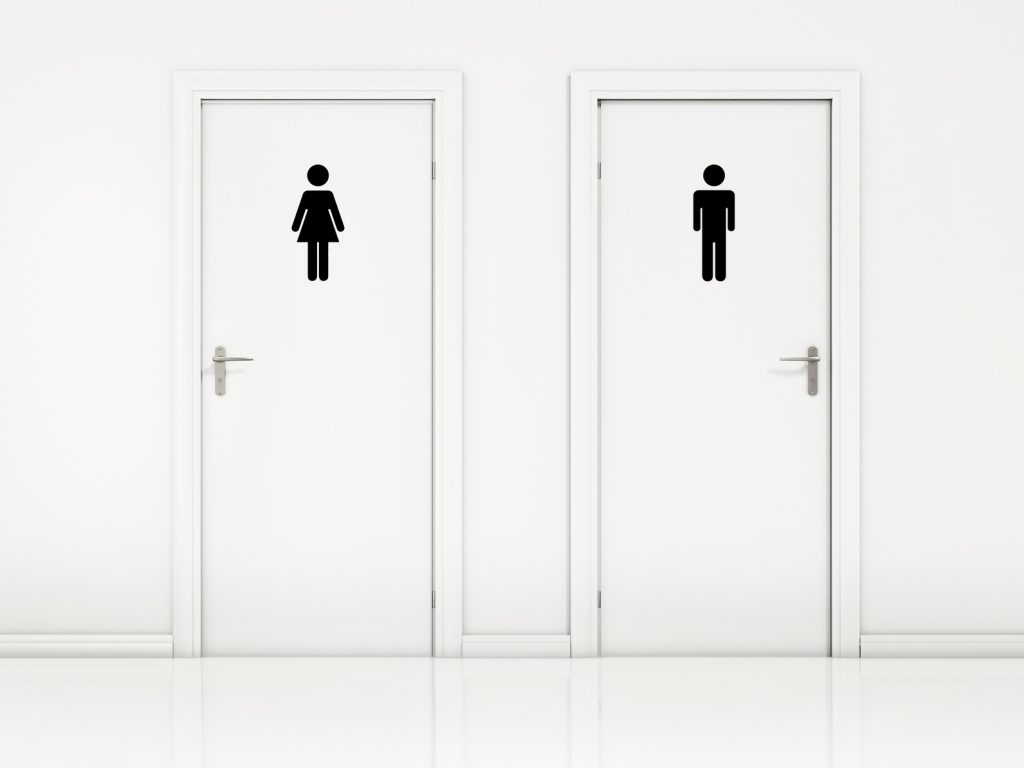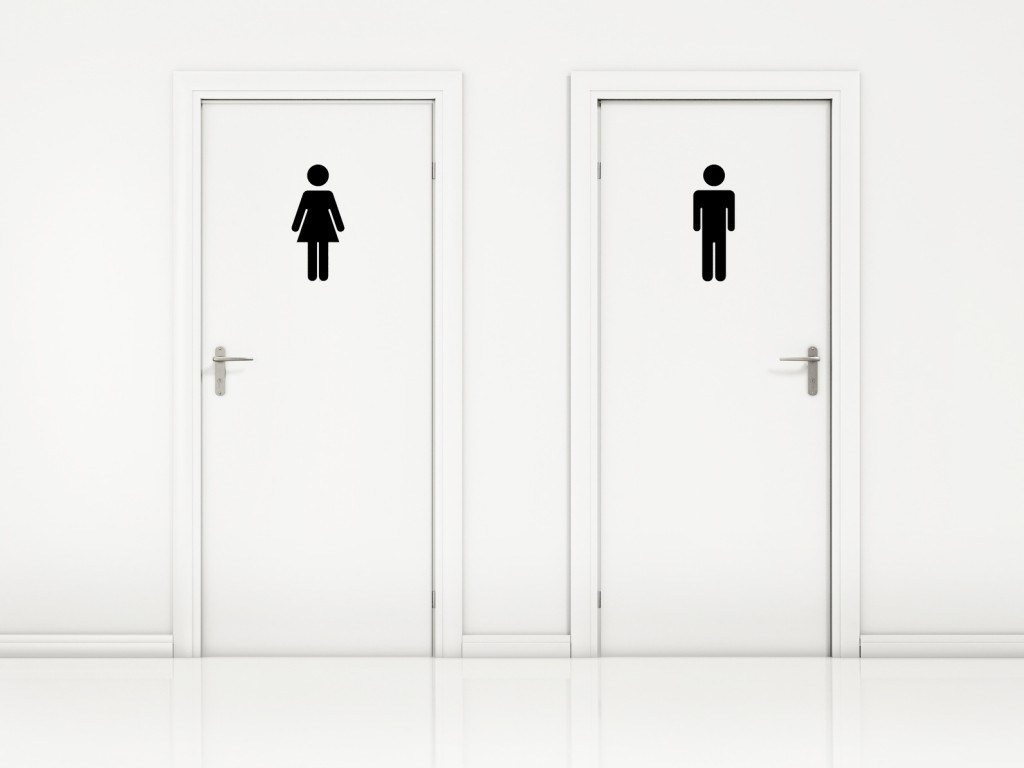Uncle John knows pretty much everything—and if he doesn’t, he puts one of his many researchers on the case. So go ahead: In the comments below, ask Uncle John anything. (And if we answer your question sometime, we’ll send you a free book!)
Where does the phrase “going to the loo” come from?
Uncle John loves talkin’ trivia and bathrooms, so this one is right in his wheelhouse (or outhouse, as it were). It’s one of the most common euphemisms for “using the bathroom”—primarily in Europe, and usually in the United Kingdom. But where does the phrase “going to the loo” come from? It’s complicated…and etymologists don’t quite have a consensus on its origins. Here are some theories.
- In the late 19th century, Lady Louisa was a not particularly well-liked wife of the Earl of Lichfield. While visiting some friends’ stately manor house in 1867, someone passive aggressively switched the name card that had been placed on Lady Louisa’s door and put it on the water closet door. For the rest of the weekend, the other guests jokingly called using the bathroom “going to Lady Louisa.” The use spread, and Louisa was eventually shortened to “loo.”
- The most commonly distributed idea is that “loo” comes from the Scottish, who shouted “gardy loo!” when throwing the contents of chamber pots out of their windows and onto the streets below. “Gardy loo” is a corruption of the French gardez l’eau, which means, “watch out for the water!” Etymologists have dismissed this, because why would Scottish commoners shout a French phrase to passers by?
- One of the first definitive print uses dates back only to 1940 in the novel Pigeon Pie by popular British novelist Nancy Mitford: “…like in the night when you want to go to the loo and it is miles away down a freezing cold passage…” Where Mitford got the phrase from is unclear, and it’s also unlikely that this book spawned popular usage of the phrase because it was published right in the middle of World War II, and was thus not a huge seller.
- In 1936 British high society lady Diana Cooper sent some letters from a trip to Tangiers to some other fancy folk and she used the word “lu-lu” to euphemistically describe a bathroom. She was an influential figure, writing to other influential people, and that could have injected the word into the vernacular.
- It might be short for “Waterloo.” Possibly a traditionally British dig against the French (it’s the site of a major battle loss by French leader Napoleon), Waterloo was also the name of an early 20th century bathroom fixtures company. In his 1922 novel Ulysses, James Joyce explicitly connects “Waterloo” with “water closet,” another bathroom slang expression. “How much cost? Waterloo. Watercloset.”
- In the late 19th and early 20th century, a common French expression for the bathroom was lieux d’aisances, or “places of ease.” It’s possible that British troops fighting alongside French troops in World War I picked up the phrase, converting lieux to “loo.”









